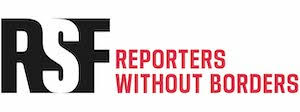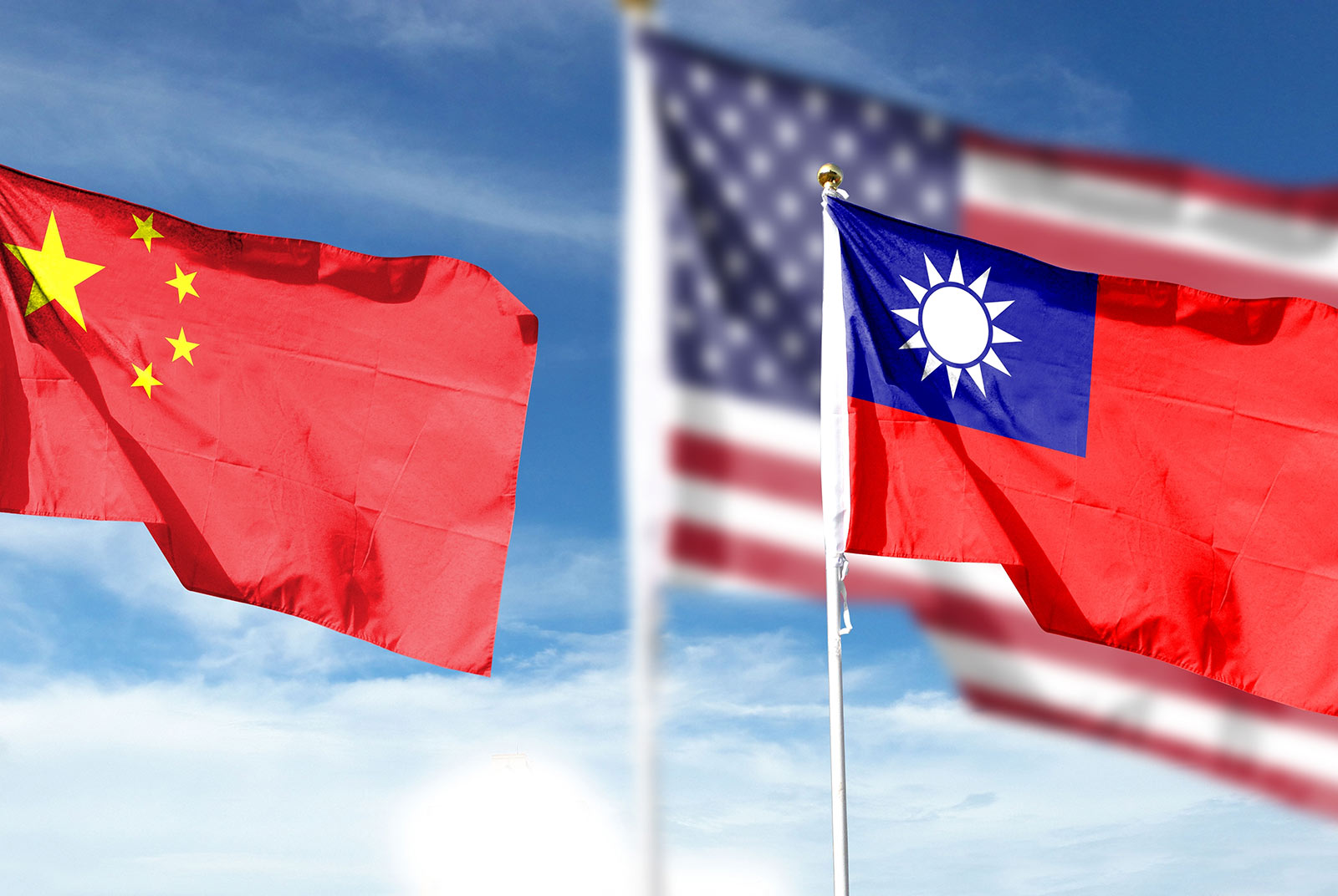RSF to President Tsai: “Taiwan urgently needs media reform to tackle disinformation”

Source:Reporters Without Borders (RSF)
As Taiwanese president Tsai Ing-wen enters her second term, Reporters Without Borders (RSF) in an open letter reiterates its call for reforms to guarantee editorial independence and tackle conflicts of interest in the media as the only sustainable way to protect democracy against disinformation.
Views
RSF to President Tsai: “Taiwan urgently needs media reform to tackle disinformation”
By Christophe Deloire (Secretary-General, Reporters Without Borders)web only
During last year’s presidential campaign, the government raised concerns that the Taiwanese media sector’s weaknesses could be instrumentalized by anti-democratic forces, particularly the Chinese regime, to influence the outcome of the election through disinformation. The Covid-19 crisis, during which misleading “fake news” on how to protect against the virus is abundantly circulating online, shows again that disinformation not only endangers democracy but also poses a threat to the health and even the lives of citizens.
In an open letter published in December 2019 in Apple Daily and Taipei Times, Reporters Without Borders (RSF), an international non-governmental organization defending journalism, urged presidential candidates and political parties to remedy these weaknesses once they took office. As President Tsai now enters her second 4-year mandate with a comfortable majority in parliament, we reiterate our call for reforms to guarantee editorial independence and tackle conflicts of interest in the media and insist that the expansion of ethical journalism practices is the only sustainable way to protect democracy against disinformation.
Where journalistic standards and ethics are not fully respected, disinformation finds fertile ground. It is unfortunately too often the case in Taiwan where sensationalism, undeclared advertising, and “Blue-Green” political polarization hinder journalism in its role to empower citizens through the provision of unbiased information. Taiwan does not lack competent journalists, but most of them face working under undue pressure and cannot count on effective legal protection against requests from the boardroom that contradict journalistic ethics. This explains how the mainstream media loses the trust of a growing part of the public, who as a result tends to become an easy target for disinformation campaigns.
Despite having long recognized the problem, successive governments haven’t properly addressed it, invoking the principle of “freedom of the press” as an excuse for inaction. We insist that press freedom should not be misinterpreted as the right of media owners to freely disseminate content that suits their interests. Like any other freedom, it requires proper regulations and democratic control to be fully effective and deter abuse. Freedom of opinion and expression as protected by Article 19 of the UN’s Universal Declaration on Human Rights needs the implementation of safeguards to promote independence, pluralism and trustworthiness of news and information.
When confronted with disinformation, experience shows that responses limited to palliative measures do not bring sustainable effects. While it is indeed legitimate to seek reparation from the media that neglect fact checking or intentionally spread harmful content, these actions take place long after the damage is done and do not discourage offenders motivated by an agenda. Moreover, suggestions for the government or internet platforms to “block” or “correct” false narratives are dangerous for democracy if those mechanisms and algorithms do not fall under a principles-based scrutiny. A ministry of truth would be one of the worst dangers. But the absence of promotion of trustworthiness of news and information is also a danger, since current digital ecosystems give a competitive advantage to false, manipulative and extremist content.
Journalism ought to provide citizens with the best tools to understand and participate in public affairs. It is also the only sustainable way for democracy to develop a natural immunity against disinformation by filtering and debunking “fake news” before it becomes viral and providing trustworthy content as an alternative. When journalists are given sufficient time and resources to adhere to the highest ethical standards and when editorial departments have the ability to reject commercial and political pressure, public trust in the media will naturally improve and manipulated content will fall on deaf ears.
We believe the Taiwanese media sector’s reform should embrace the five measures detailed in our previous open letter, namely: 1) to support journalism by strengthening independence of the newsroom from the boardroom; 2) to establish an independent and transparent judicial process against disinformation outside of the executive’s control; 3) to drastically scale up public media’s resources and strengthen guarantees of independence; 4) to provide economic support for ethical journalism; and 5) to make media literacy an integral part of the education system.
This reform should be placed above partisan disputes and involve the media themselves as well as representatives of civil society. We recommend that it follows the guidelines set by the Declaration on Information and Democracy and the standards set by the Journalism Trust Initiative (JTI), two programs initiated by Reporters Without Borders (RSF) with the purpose of promoting a free circulation of information safeguarded by democratic guarantees (to be implemented by digital platforms) and the expansion of journalistic norms and ethics.
Considering the efficiency shown by the Taiwanese authorities in their handling of the coronavirus crisis, we have no doubt that they will diligently implement these measures if the government makes it a priority. We are convinced that such reform would allow Taiwan, currently ranked 43nd out of 180 in the RSF World Press Freedom Index, to fight disinformation effectively while strengthening its international prestige.
We sincerely hope that President Tsai will embrace this opportunity to lay the last brick in the Taiwanese democracy by establishing the excellence of its media environment, making it an example for the world and an even stronger counter-model to the authoritarian system in China.

Christophe Deloire is a French journalist who has been secretary-general and executive director of Reporters Without Borders (RSF) since 2012. He ran one of the leading French journalism schools, the CFJ, from 2008 to 2012, and was an investigative reporter for the politics and society sections of the French news magazine Le Point from 1998 to 2007.






